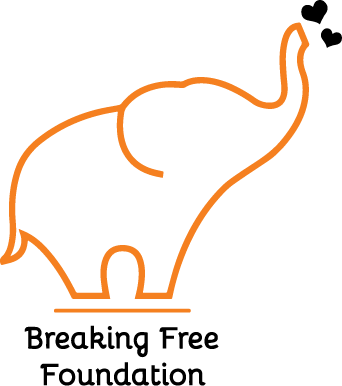Ripple Effect: The Widespread Trauma of Shootings
Trauma is defined as a deeply distressing or disturbing experience, a definition that describes mass shootings and terrorist attacks perfectly. Violence, especially when it's targeted towards a specific group, has very widespread effects. The survivors, family and friends of lost ones, and the world watching, will all feel the effects of trauma at this degree—such as we are from the tragic Orlando shooting this past weekend. The LGBT community, and the globe as a whole, is mourning and attempting to cope with the trauma of the largest mass shooting in US history. This past weekend, 103 people were shot in an LGBT nightclub on Orlando, 50 of them losing their lives. As a result of this heinous act, millions of people around the world are reacting, both online and in their communities, to the deep pain of such an event. Individuals who survive trauma, or are exposed to it in some way can develop PTSD (post-traumatic stress disorder), and it can have a damaging effect both physically and mentally.
The combination of life-threatening traumatic personal experiences, loss of loved ones, disruption of routines and expectations of daily life, and post-violence adversities pose psychological challenges to the recovery of children and families. [National Child Traumatic Stress Network]
Symptoms of PTSD can include:
Flashbacks, or reliving the trauma
Nightmares
Intense fear
Avoidance
Loss of interest in activities and hobbies
Guilt, worry or depression
Difficulty remembering the trauma
Hyperarousal
Difficulty sleeping
Severe emotional distress
In addition to PTSD, there are other psychological effects this event can have on people:
Danger reactions: when violent events like this occur, there is an increased fear in people and the desire to be near loved ones is more imminent. It can be increasingly difficult for people if they are separated from loved ones as well.
Grief: there is no "appropriate" way to grieve, everyone does it differently, and there is no wrong way. Grief can be harder to deal with if loss occurs during a traumatic event.
Depression: this can occur with prolonged effects of trauma or PTSD.
In addition to meeting people’s basic needs, there are several ways to enhance people’s coping. Physical: Stress can be reduced with proper nutrition, exercise and sleep. Youth and adults may need to be reminded that they should take care of themselves physically to be of help to loved ones, friends, and communities. Emotional: Youth and adults need to be reminded that their emotional reactions are expected, and will decrease over time. However, if their reactions are too extreme or do not diminish over time, there are professionals who can be of help. Social: Communication with, and support from, family members, friends, religious institutions and the community are very helpful in coping after catastrophic violence. People should be encouraged to communicate with others, and to seek and use this support where available. [National Child Traumatic Stress Network]
Listen to your body and your emotions, and in general, if you are having trouble coping with the symptoms from trauma or PTSD, seek professional help. If you are dealing with the trauma of a mass shooting or violent event, immediate mental health resources are available in Alberta via CMHA Calgary. If you want to speak to a trauma-specialized therapist to deal with your PTSD or trauma symptoms, please check out our free Therapy Grant program.Keep in touch with us on Twitter or Facebook to learn more about trauma, the effects of trauma and how to cope with PTSD.
— Written by Amber Craig, BFF Chair {Follow on Twitter}

